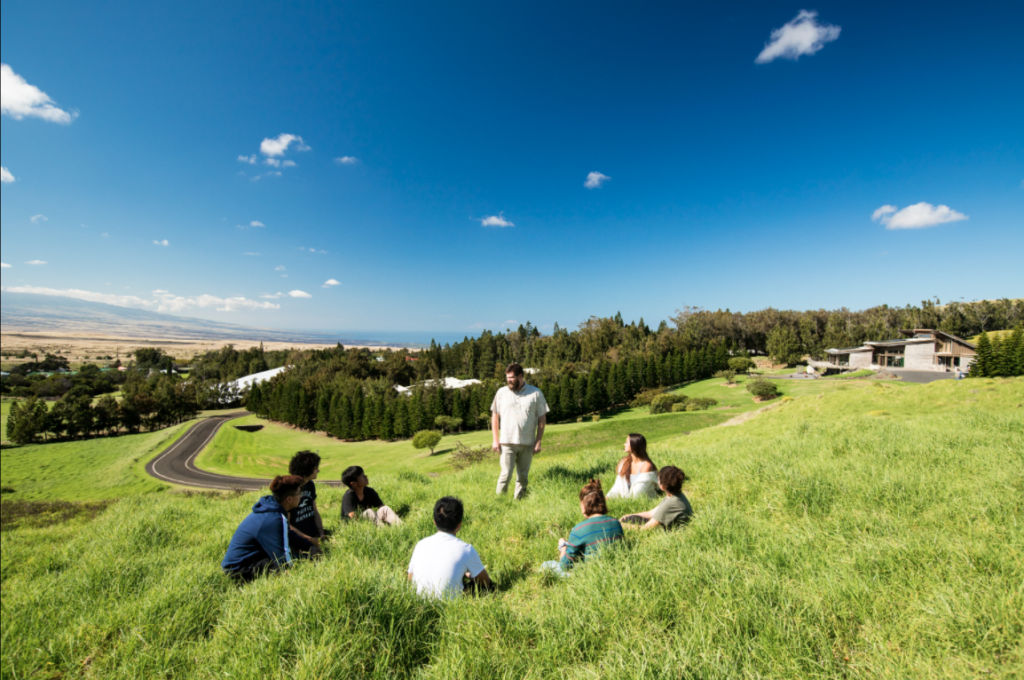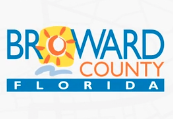Community Partnerships
To better connect schools to green pathways and mobilize change, community partnerships are essential.

Workforce Development
Communities play a significant role in providing support and guidance to students as they explore who they are and the impact they want to make in the world. Developing connections between education, businesses, organizations, and other community stakeholders promotes student success and can meet the workforce needs of a region. Students who participate in work-based learning experiences, internships, apprenticeships and other opportunities in local businesses and industries may choose to stay in their communities and boost the local economy.

Solar One
When New York City set forth their sustainability plan, OneNYC, the NYC DOE partnered with local nonprofit Solar One to offer K12 sustainability education. This included the development of a CTE program that implements solar installation within already existing electrical programs in schools across the city. Students learn about climate literacy and green careers while preparing for a solar certification (NABCEP).

Rising Sun
Rising Sun offers paid internships for youth ages 15-22 in their Climate Careers program. Originating as a workshop at Berkeley High School, students were empowered to create a larger effort that resulted in the development of the Climate Careers program. Throughout the summer, youth take on the title of Energy Specialist and conduct Green House Calls throughout the Bay Area. The following Fall, students participate in externships with local nonprofits and organizations.
Asset Partnership
Purposeful and meaningful work is essential for a sustainable future workforce. When we believe our work is making a difference, we are more likely to be engaged and productive. Green jobs offer many opportunities for purposeful and meaningful work, especially when those problems need to be solved within our own communities. Schools are not simply a pipeline to the workforce but an incubator and launch pad for students who often want both successful and purposeful work and to give back to their communities.
By asking these questions, we can better understand the challenges and opportunities facing our workforce and take steps to ensure that our community is prepared for the future:
- What are the community’s strengths; what are they known for?
- What unique needs do community stakeholders have?
- What are the technical and durable skills needed for these jobs?
- How can we help our students get the skills and education they need to get these jobs?

Broward County
Broward County has prioritized climate change for over a decade. Beginning with a Climate Action Plan in 2007, the county initiated NatureScape Broward to promote environmental stewardship in the local school system. “In 2014, Broward County became the first local government to create a stand-alone climate change element (or chapter) in its local Comprehensive Plan […] the Broward County Climate Change Element consists of 82 environmental policies, which consider how the community will best adapt to and mitigate for the economic, environmental, and social effects of climate change. These policies influence regulation of development, set priorities for community investments and projects, and promote an aligned vision for all cities and community partners to adopt.”

Academy for Global Citizenship
The Academy for Global Citizenship in Chicago weaves sustainability practices into every level of their infrastructure; facility, cafeteria, and curriculum. As a K-8 school, students will leave with a plethora of green skills to carry with them to and through high school. They are even in the process of constructing a net-positive energy campus. “AGC’s vision of scale is to develop and disseminate grassroots solutions to the challenges faced across our school districts by opening the doors of our Learning Laboratory to the world.”

New Harmony High
At New Harmony High in Louisiana, students prepare for their futures through the lens of coastal restoration. Each student experiences a fellowship guided by a mentor in a career field of interest. Each week, students explore their communities and the various environmental and social issues that are prevalent in the region.
Microgrant Opportunities
Microgrants are small grants that are typically awarded at the local community level. They can be a valuable first step in supporting student opportunities to explore green jobs and sustainability. By using microgrants to fund programs, projects, and gain resources that help students learn about green careers, sustainability, and the environment, schools can boost awareness of green careers and help students make informed decisions about their future.
Community partnerships developed through problem-solving together and meeting a need can create a domino effect. Educator Pamela Joslyn with the Muscatine Community School District in Iowa, received a Celia B. Godsil Grants in Place Fellowship from the Rural Schools Collaborative which allowed her students to conduct research on recycling organic waste, in partnership with the Muscatine Organics Recycling Center (MORC), the only organic recycling center in the midwest. The project gained media attention and received STEM Innovator and STEM BEST grants, in partnership with the University of Iowa, allowing high school, and even middle school students, the opportunity to earn college credits towards pursuing careers in STEM with the option to focus on sustainability.
Start Local
Explore opportunities for funding through local nonprofits and businesses, city and county entities, higher education institutions, and chambers of commerce. Say you live in Fort Collins, Colorado — here are a few of the opportunities for funding at the city level:
- Nature in the City The City of Fort Collins
- OtterCares Local nonprofit
- Small Grants for Community Partnering Larimer County
- Sustainability Fund Colorado State University
- Work-Based Learning Incentive Fund Local Chamber of Commerce
Widen the Circle
Explore opportunities for funding through regional and nationwide initiatives and organizations.
- Jobs for the Future CREST Initiative
- PECO Energy Company Green Region Grants